News: Non Tariff Measures
Services Domestic Regulation - Doing the Obvious
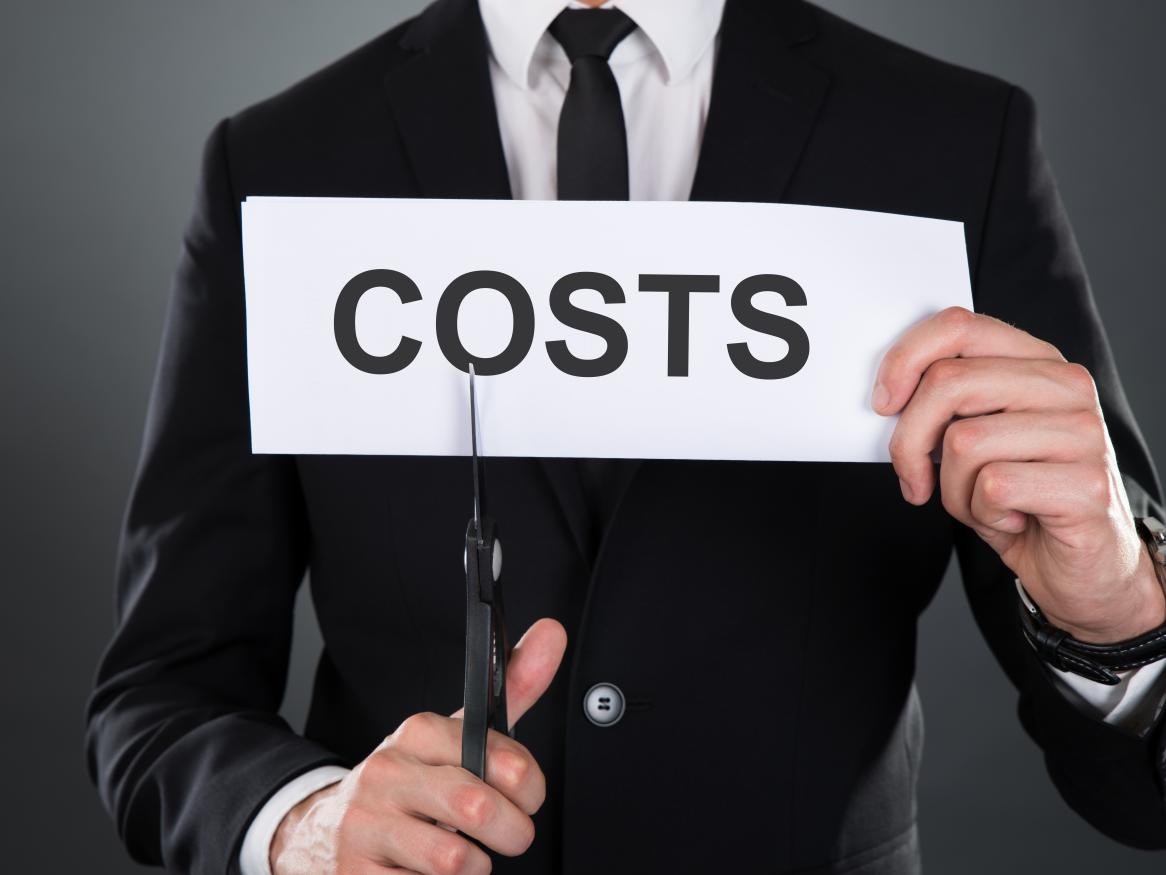
Markus Jelitto is Counsellor at the Services Trade Division, WTO Secretariat, Geneva.
Services Trade has been growing continuously over the past three decades and was worth USD 13.3 trillion in 2017. Services value added accounts for almost half of all world trade (goods and services combined). Despite these impressive figures, the 2019 WTO World Trade Report finds that costs of trading services are about twice as high as trade cost for goods. A significant portion of these costs are attributable to regulatory divergence, as well as opaque regulations and cumbersome procedures. Through the development of disciplines on services domestic regulation, a group of currently 63 WTO members has set out to address these cost factors.
[Read more about Services Domestic Regulation - Doing the Obvious]
The market is a powerful instrument to counter human rights violations in China
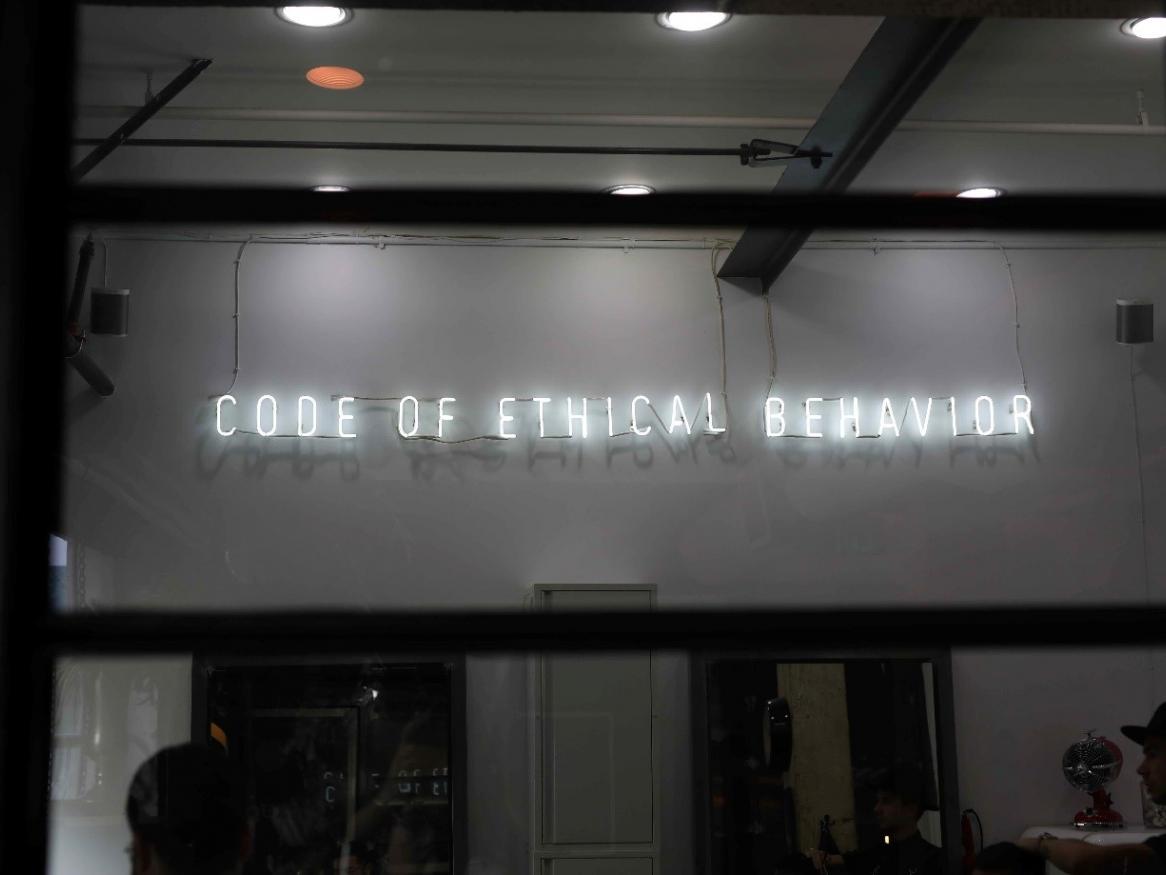
Andreas Freytag, Professor and Chair of Economic Policy, Friedrich Schiller University, Jena and Visiting Professor with IIT
European Union (EU) foreign ministers have finally responded to China's documented human rights abuses by imposing sanctions on four individuals and one organization believed to be substantially involved in the oppression of Uyghurs in north-western China. Reports of the Chinese government's treatment of the Uighurs provide evidence of mass detention and human rights abuses.
[Read more about The market is a powerful instrument to counter human rights violations in China]
Pursuing an Open Strategic Autonomy trade policy against China: Expect policy fluidity
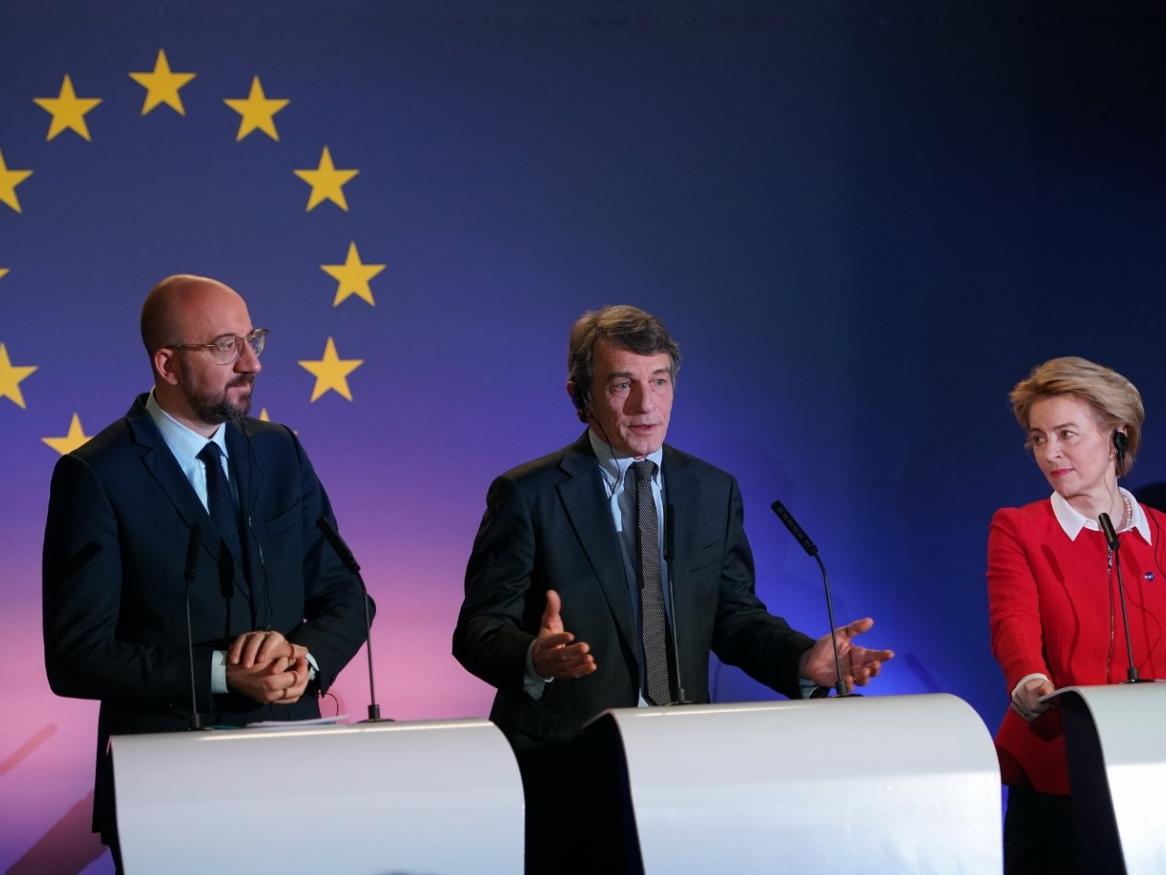
Weinian Hu is Research Fellow at the Centre for European Policy Studies, Belgium. The EU’s Open Strategic Autonomy policy approach was first revealed under the Commission’s recovery plan post-Covid, which was released in May 2020.
Reforming industrial subsidies usage through the WTO: Process Proposals
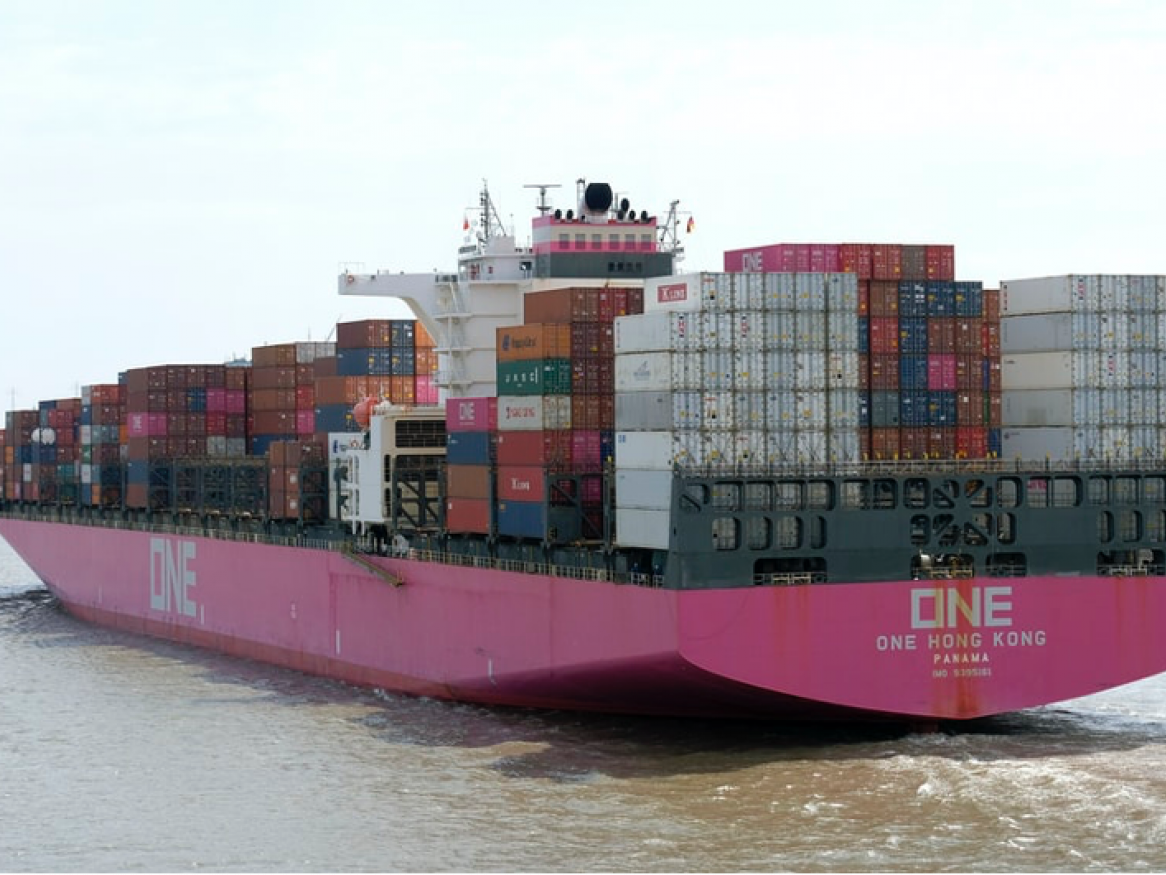
Professor Peter Draper is Executive Director of the Institute for International Trade. Dr Naoise McDonagh is Lecturer in Political Economy at the Institute for International Trade.
The distorting effects of state-owned enterprises (SOEs) and industrial subsidies on global market competition has become a topic of increasing importance for many World Trade Organization (WTO) members in recent years.
[Read more about Reforming industrial subsidies usage through the WTO: Process Proposals]
The EU-China Investment Deal: Perspectives of the European services sectors on new opportunities in the world’s second largest economy
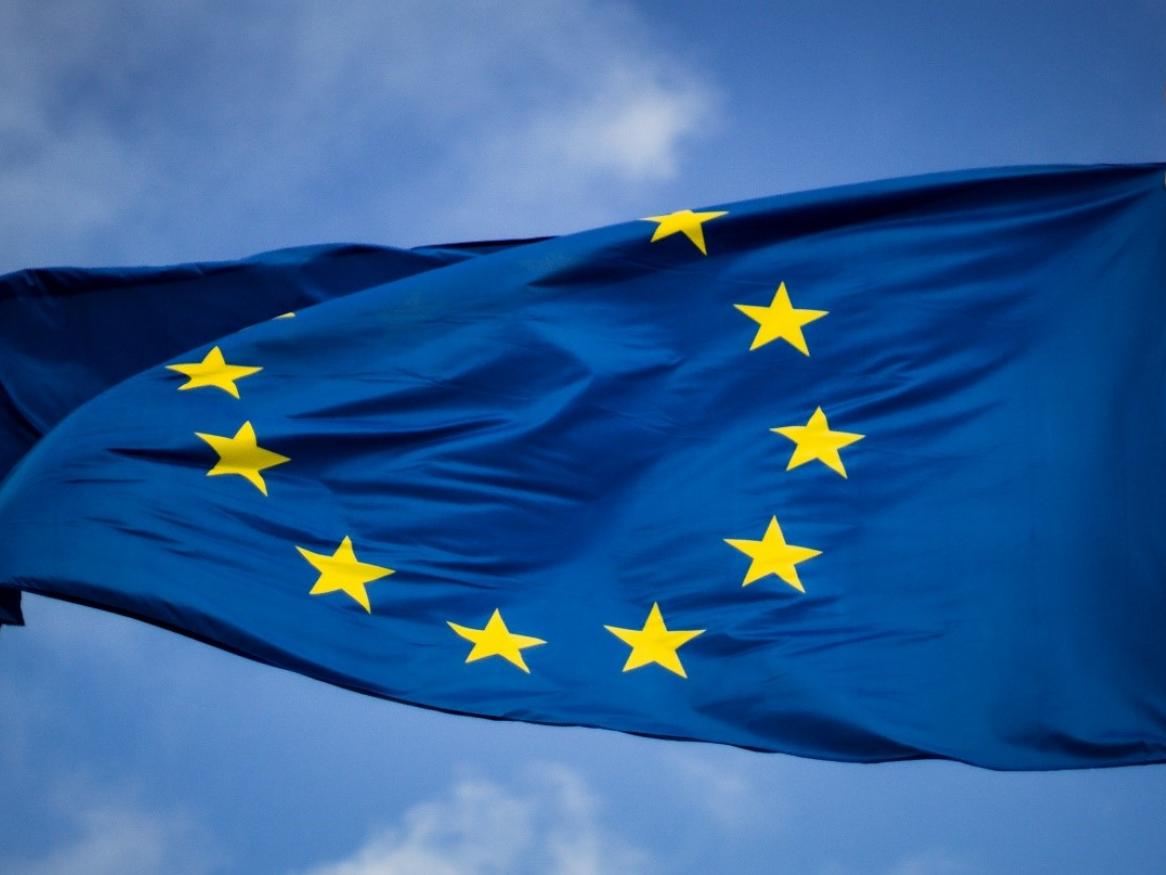
Dr Pascal Kerneis is Managing Director of the European Services Forum, Brussels.
On 30 December 2020, the European Union and China have concluded in principle the negotiations for a Comprehensive Agreement on Investment (CAI). What could this agreement bring to European service businesses?
Building more resilient global value chains
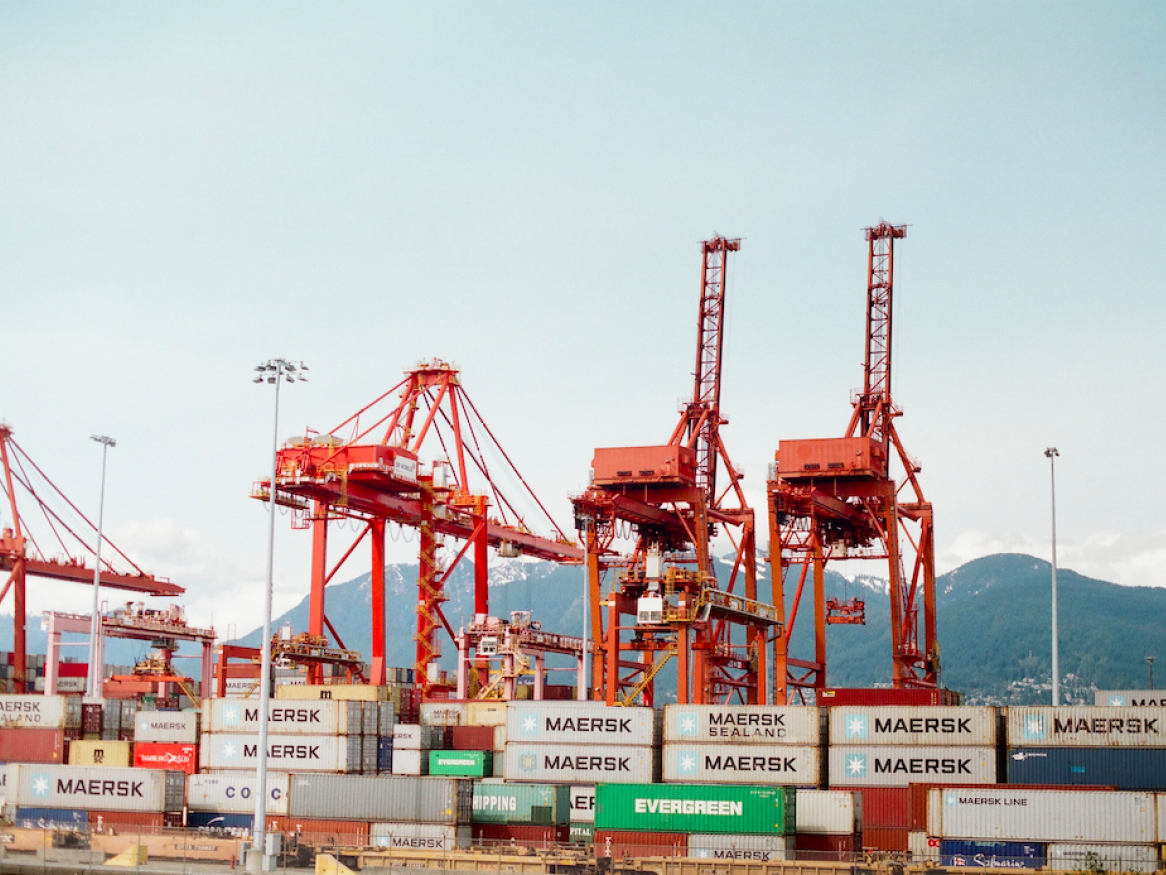
Ken Ash, Independent Consultant, IIT Visiting Fellow, and former OECD Director of Trade and Agriculture.
The COVID-19 pandemic emerged in a world characterized by high trade tensions and considerable inertia across the multilateral trading system. A number of countries were moving towards plurilateral, regional and bilateral trade arrangements, and some governments were already beginning to explore ways in which they might more actively shape domestic economic activity.
[Read more about Building more resilient global value chains]
Post-Covid 19: Back to the past or the start of a greener future?

Mike Humphrey Senior Trade Advisor at the Institute for International Trade at the University of Adelaide.
As is the case with most governments world-wide, the Australian government’s concern regarding the recovery from the economic impacts of the COVID-19 crisis has been how to reboot the domestic economy and international trade as rapidly as possible.
[Read more about Post-Covid 19: Back to the past or the start of a greener future?]
United States Trade Policy Under a Biden Presidency: Challenges and Opportunities
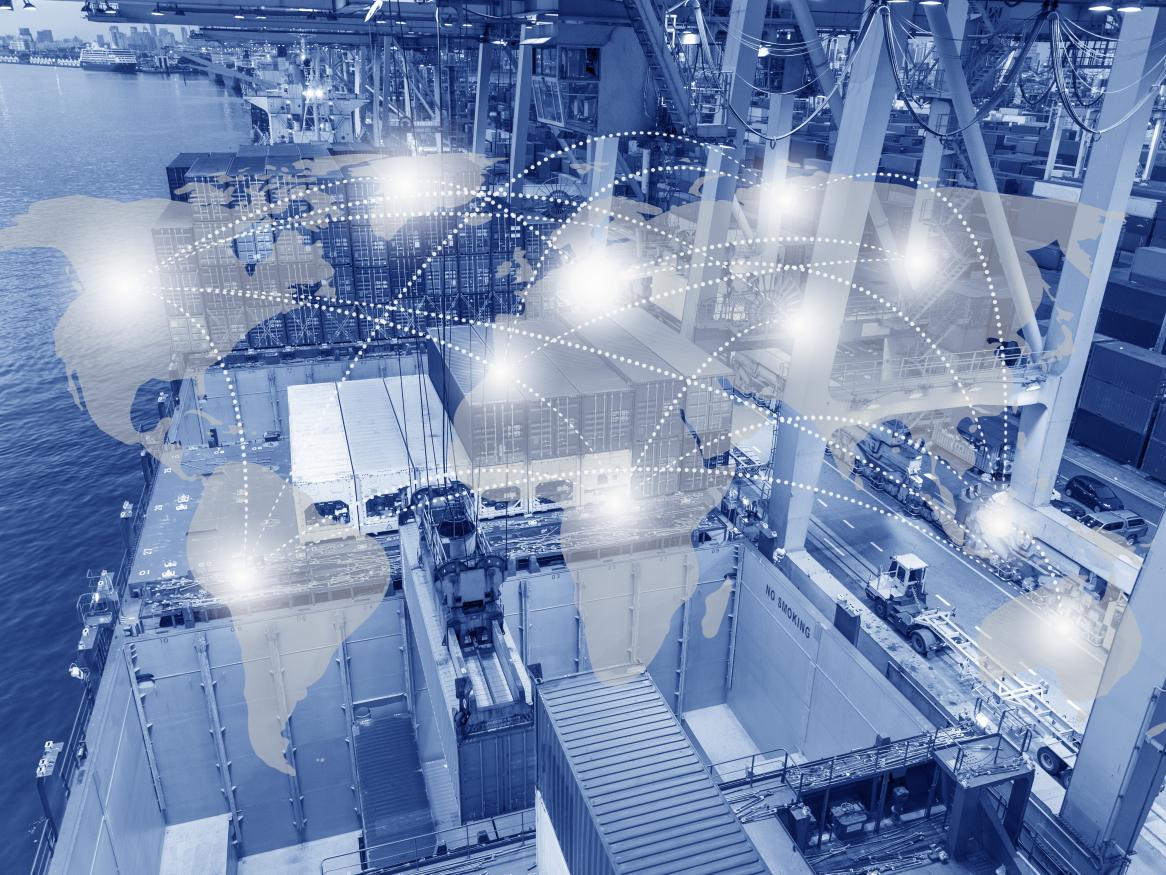
Visiting Fellow Milton Churche. Milton Churche left the Australian Department of Foreign Affairs and Trade in 2018 after working on trade policy since 1987.
The Trump administration has called into question the value of trade agreements, including of the World Trade Organization (WTO), abused the concept of national security to justify openly trade protectionist actions, invoked “trade wars” as legitimate policy tools to advance national objectives, and moved in the direction of managed trade. Would a Biden presidency bring a decisive change in direction on US trade policy?
[Read more about United States Trade Policy Under a Biden Presidency: Challenges and Opportunities ]
Managing the risks of rising government support: a case for policy transparency

Ken Ash is an Independent Consultant, IIT Visiting Fellow, and former OECD Director of Trade and Agriculture.
Governments generally support the smooth functioning of their domestic economies, through maintaining systems of good governance and the rule of law and ensuring a coherent macroeconomic and structural policy environment. Extraordinary support is sometimes also warranted, as is the case today to mitigate the economic impact of COVID-19. Few would dispute that these are essential roles for governments.
[Read more about Managing the risks of rising government support: a case for policy transparency]
How will changes in U.S. CVD law impact developing countries?
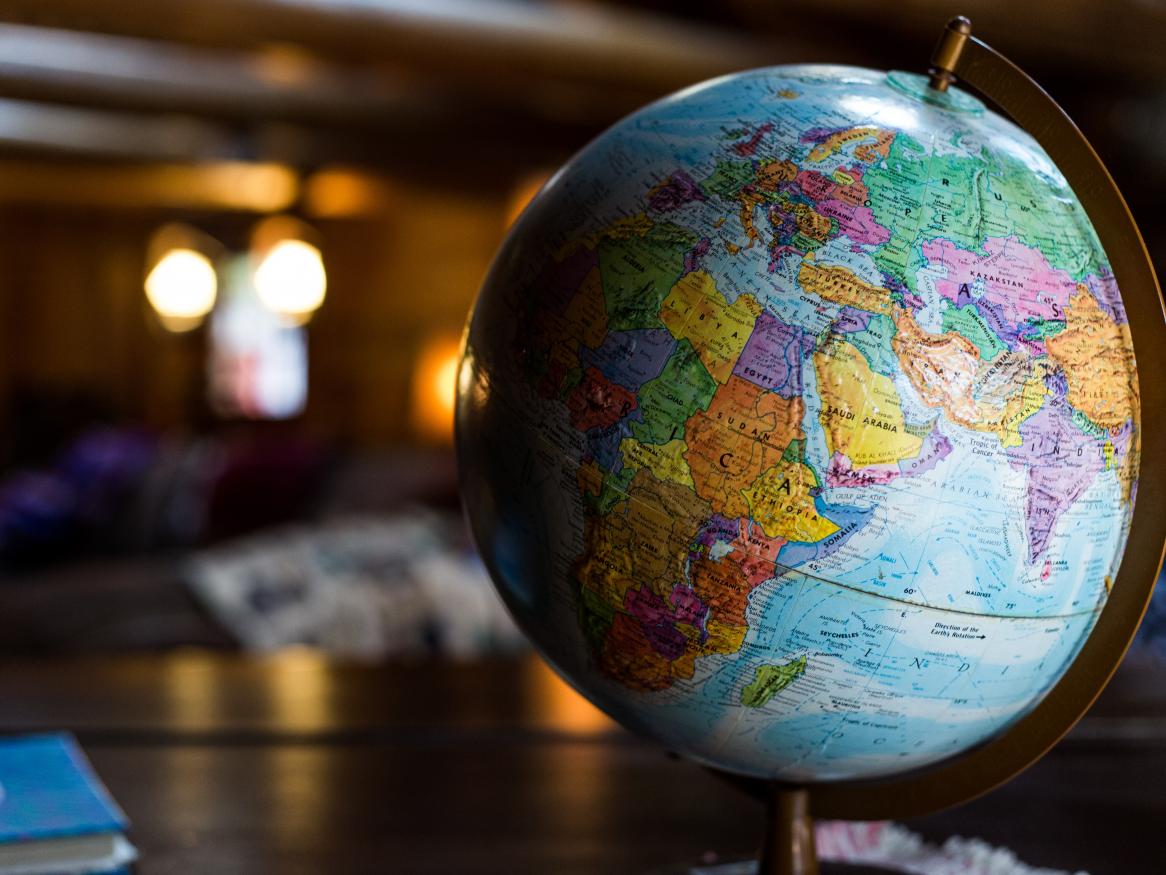
By Jaiwei Fu, IIT Visiting Researcher
On February 10, 2020, the U.S. Trade Representative published an updated version of the "List of Developing and Least Developed Countries under U.S. Countervailing Duty Law" (CVD) in the Federal Register. Twenty countries, including India, Indonesia, South Africa, and Thailand, had their status as developing countries removed.
[Read more about How will changes in U.S. CVD law impact developing countries?]
This work is licensed under Commons Attribution-NonCommercial-NoDerivatives 4.0 International License.
IIT is a global leader in researching, analysing and commenting on International Trade.
Stay informed about our up-and-coming seminars, events, publications, awards, new projects and collaborations, and other exciting news.
